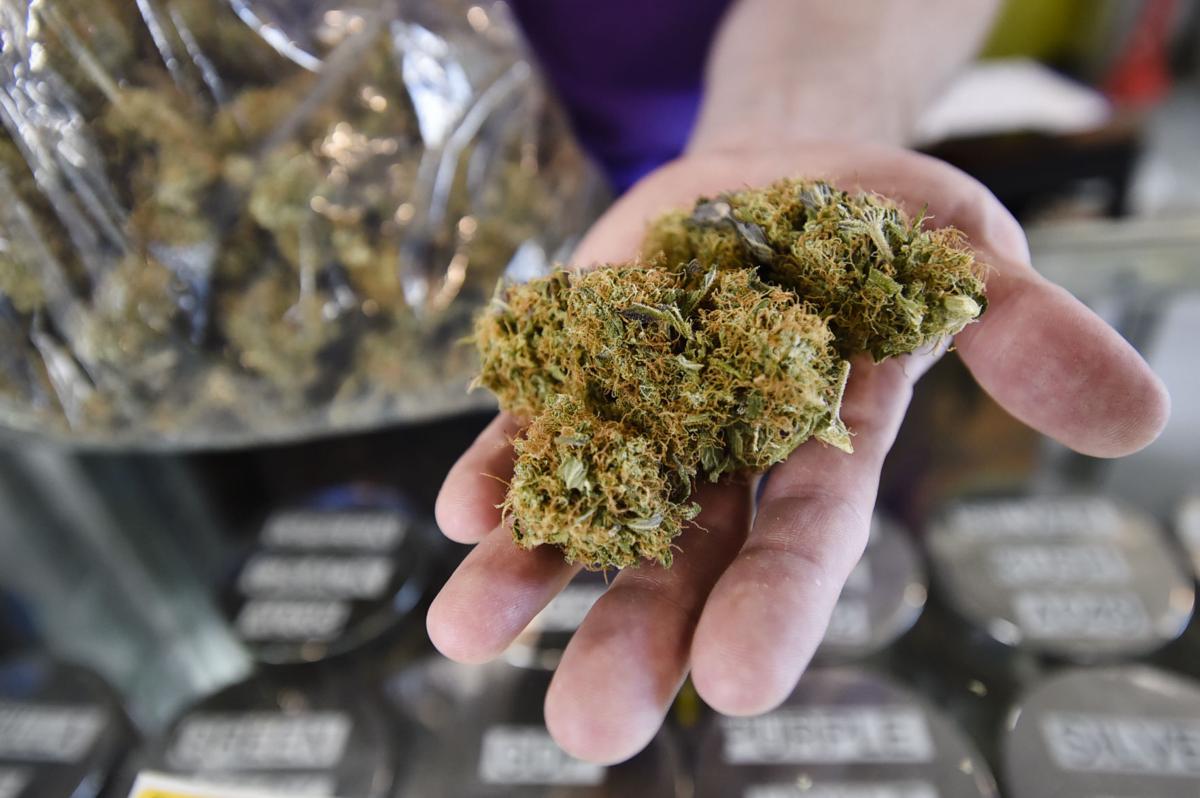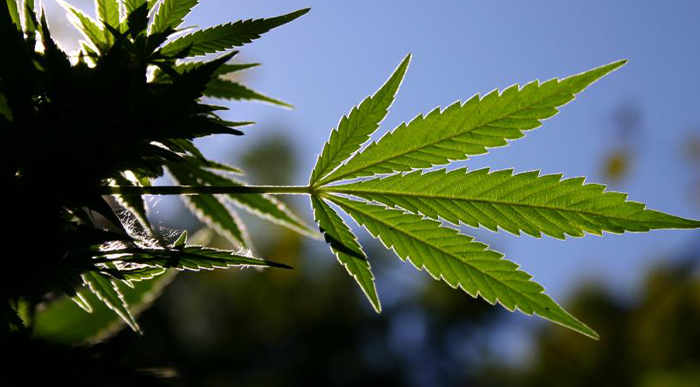Image via
Four Maine cops may end up behind bars for their role in helping a licensed medical marijuana company grow and sell black-market weed.
According to newly-released federal court documents, a state-licensed medical cannabis cultivator collaborated with several local law enforcement officials to sell over $13 million worth of legally-grown medical pot on the black market. The feds have charged 12 people, including four local cops, an assistant district attorney, and a local town board member, with 14 different criminal charges in connection with this illicit operation.
Federal prosecutors have charged two Franklin County sheriff’s deputies with providing confidential information to the growers in exchange for new cars and ownership stakes in the business. Two other cops stand accused of warning these two deputies that they were under federal surveillance, and a board member of a nearby town was accused of accepting tens of thousands of dollars in exchange for advancing a local cannabis ordinance that was written by one of the alleged operators of the scheme.
Last week, Randal Cousineau, co-owner of the medical pot farm that was allegedly growing the black market weed, pleaded guilty to illegally cultivating and selling over a ton of weed. Although he admitted to being involved in the scheme, Cousineau claimed that Lucas Sirois, a co-owner in the business, was actually the leader of the operation. According to the feds, Sirois had been filing false income tax claims to cover up hundreds of thousands of dollars in cash he was making from the illicit sales.
Sirois has denied any involvement in the scheme, however. His attorney, Timothy Parlatore, told the Associated Press that his client “took great steps to ensure that he was acting in accordance with Maine law.” The attorney claimed that the federal charges were solely based on a statement from “the words of a disgruntled former employee,” and argued that this case “is not something the feds should be involving themselves with.”
Sirois’ estranged wife was also charged with conspiracy and bank fraud in connection with the illegal operation. “This case cries out for a less antiquated approach to drug enforcement,” said attorney Ronald Bourget, who is representing Alisa Sirois in the case. “The ‘war on drugs’ may still be ongoing, but the white flag on marijuana was raised years ago.”
Franklin County Assistant District Attorney Kayla Alves has also been accused of tipping off one of these corrupt cops about the investigation. Walt McKee, her attorney, told the AP that she was completely innocent and that it was “disappointing to see her dragged into all of this.” Other than Cousineau, most of the defendants in the case are pleading innocent, and an attorney for one of the cops said that the federal charges only showed a “one-sided” version of the events.
Maine’s black and gray market weed industries have been thriving since the Pine Tree State legalized adult-use pot, largely thanks to former Governor Paul LePage’s attempts to derail legal sales. Maine voters originally legalized cannabis sales and use back in 2016, but the weed-hating former governor managed to delay the rollout of legal sales until last fall. In the meantime, black market dealers stepped up to fill the strong demand for weed, and other entrepreneurs kicked off gifting services to provide “free” weed in exchange for donations or sales of trivial merch.











